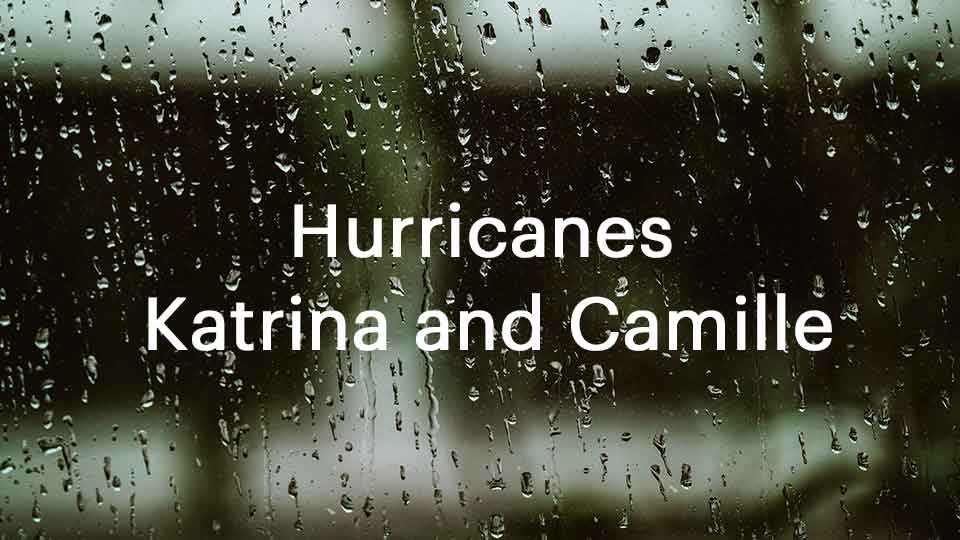Experience is Not Always a Good Teacher - Consider this Hurricane Katrina Story
I came across this story in the book, "The Unthinkable." It resonated with me because it shows that experience alone is insufficient in decision making.
In 1969 Hurricane Camille bore down on New Orleans as a category 5 storm. Winds peaked at 174 mph and 259 people perished. It was the strongest hurricane to date to have hit New Orleans.
Fast forward thirty six years when Hurricane Katrina brought New Orleans to its knees. It too was a category 5 storm with peak wind speeds of 174 mph. But with Katrina 1,833 people died and the city suffered $125 billion of damage.
As Katrina moved towards the city, Meaher Patrick Turner, who was 85 at the time, decided not to evacuate. He'd been through this before, including Camille, and informed his family that he would ride it out and they should evacuate without him. Turner was found dead in his attic where he was forced to retreat from the rising water. The cause of death was a heart attack.
Mr. Turner neglected to consider the changes to New Orleans during the thirty-six year period between Camille and Katrina. The Category 5 storm didn't change, but the city and its surrounding area did. A full assessment of the storm blamed much of its ferocity on the lack of a wetland buffer which had been decimated by development during this thirty-six year period of time. The real damage from Katrina was not the wind, but the flooding. And the flaw in Turner's reasoning was that he didn't "update" his experience to align with the changes that took place over thirty-six years.
According to a Knight Ridder analysis, over three quarters of the people who died during Katrina were over sixty years old - they were middle aged when Camille struck, like Mr. Turner. Max Mayfield, former Director of the National Hurricane Center, said, "I think Camille killed more during Katrina than it did in 1969."
The lesson? It's short sighted, and could be downright dangerous, to automatically apply yesterday's experience to today's reality.
The Unthinkable - Who Survives When Disaster Strikes - and Why, by Amanda Ripley


